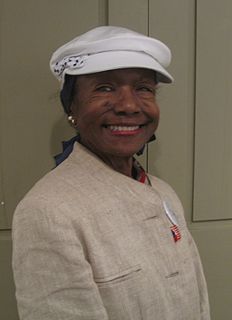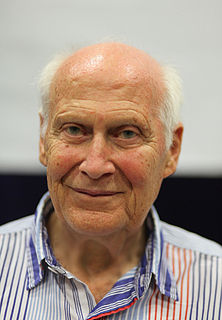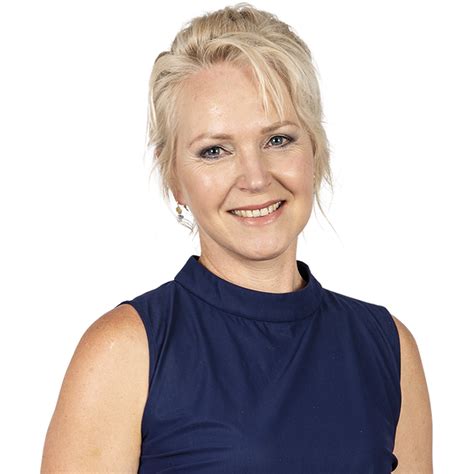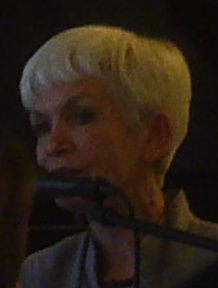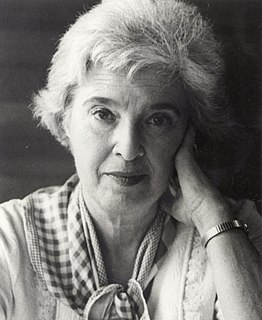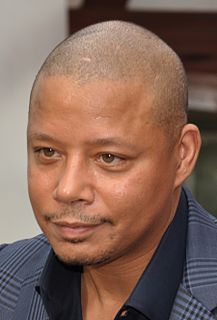A Quote by August Strindberg
He saw the cause of his unhappiness in the family--the family as a social institution, which does not permit the child to become an independent individual at the proper time.
Quote Topics
Related Quotes
The institution of the family is decisive in determining not only if a person has the capacity to love another individual but in the larger social sense whether he is capable of loving his fellow men collectively. The whole of society rests on this foundation for stability, understanding and social peace.
Our most basic institution of family desperately needs help and support from the extended family and the public institutions that surround us. Brothers and sisters, aunts and uncles, grandparents and cousins can make a powerful difference in the lives of children. Remember that the expression of love and encouragement from an extended family member will often provide the right influence and help a child at a critical time.
When the family has been brought into its natural order, the individual can leave it behind him while still feeling the strength of his family supporting him. Only when the connection to his family is acknowledged, and the person's responsibility seen clearly and then distributed, can the individual feel unburdened and go about his personal affairs without anything from the past weighing him down or holding him back.
The "family" has clearly emerged anew in the late 1970s as a central subject for discussion, debate, research and writing in bothscholarly and popular arenas. Anxiety over whether or not the family as a basic social institution is dying has diminished. In its stead has emerged a fairly broad consensus around the position that the family is "here to stay," but that it certainly is changing.
There are certain functions that the family performs. In the first place the family provides society with an orderly means of reproduction, while at the same time the norms of marriage control the potentially disruptive forces of sexuality. Second, the family provides physical and economic support for the child during the early years of dependence. The child receives its primary socialization in the family, learning the essential ideas and values required for adult life.
The family indeed is dead, if what we mean by it is the modern family system in which units comprised of male breadwinner and female homemaker, married couples, and their offspring dominate the land. But its ghost, the ideology of the family, survives to haunt the consciousness of all those who refuse to confront it. It is time to perform a social autopsy on the corpse of the modern family system so that we may try to lay its troublesome spirit to rest.
My family came to Australia on the First Fleet. My family’s been in that country for a long time, over 100 years. If your family’s lived in Australia for a long time, everyone has a little bit of [Aborigine blood]. I know my family does because we have an eye condition that only Aboriginal people have.
For boys, the family was the place from which one sprang and to which one returned for comfort and support, but the field of action was the larger world of wilderness, adventure, industry, labor, and politics. For girls, the family was to be the world, their field of action the domestic circle. He was to express himself in his work and, through it and social action, was to help transform his environment; her individual growth and choices were restricted to lead her to express herself through love, wifehood, and motherhood--through the support and nurture of others, who would act for her.
Think long and hard about the way you invest your children's time. Time is treasure. And where your time investment is, there you will find the heart of a child. Invest the majority of his time in entertainment, and his heart will be turned to love of pleasure. Invest his time in peers rather then family, and his heart will be with the peers more than his family. There is a time and place for all good things in balance, but wise parents will steward the treasure of time, and in so doing, shepherd their children's hearts.


